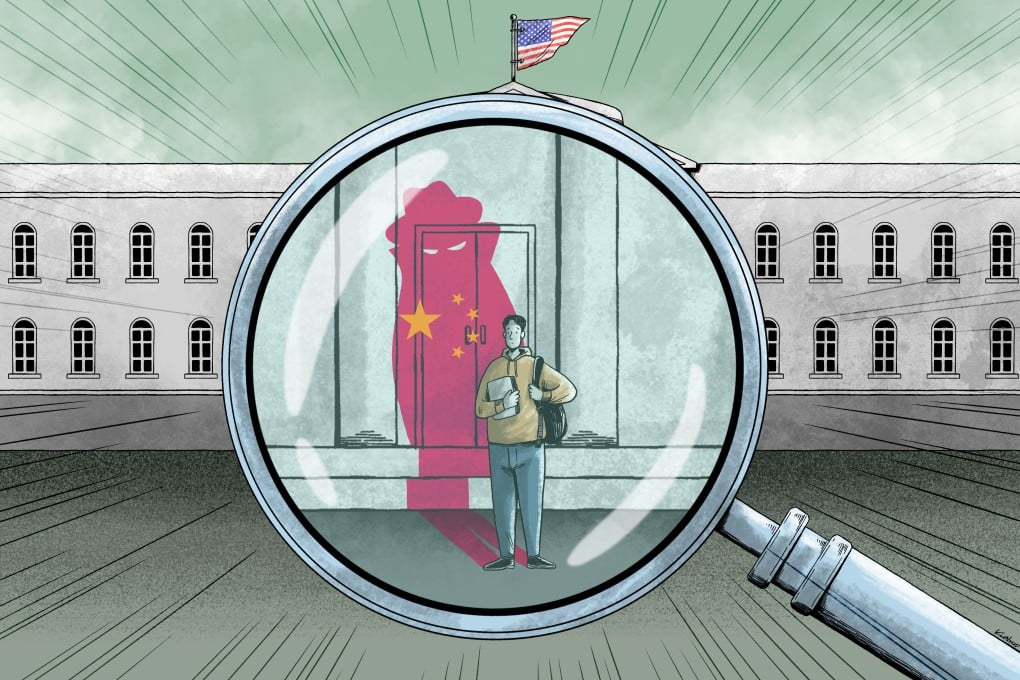Articles in this Cluster
02-06-2025
China rejected U.S. claims it violated a recent Geneva trade understanding, accusing Washington of breaching the deal by tightening tech export controls and revoking Chinese student visas. Beijing said these moves undermine the 90-day tariff suspension reached after talks between U.S. Treasury Secretary Scott Bessent and Vice Premier He Lifeng, and vowed countermeasures. The U.S. actions come amid frustration over China’s tight control of rare earths exports. Analysts note Beijing’s hard line and U.S. inter-agency discord have stalled progress, with hopes for a Trump–Xi call uncertain. Broader tensions are escalating, as Pentagon chief Pete Hegseth warned of an “imminent” China threat in the Indo-Pacific, drawing sharp Chinese rebuttals.
Entities: China, United States, Geneva trade understanding, Scott Bessent, He Lifeng • Tone: analytical • Sentiment: negative • Intent: inform
02-06-2025
Chinese restaurants and suppliers are dropping U.S. beef and chicken feet as tariff uncertainty drives prices sharply higher. A 90-day tariff pause agreed in Geneva is in jeopardy amid mutual accusations of violations, including U.S. AI chip controls. Beijing eateries report replacing U.S. beef with Australian (which faces zero duty) and sourcing chicken feet from Brazil or Russia, though they say quality is inferior. Prices for U.S. beef are up about 50% and American chicken feet about 30% since March, pushing venues like Home Plate and Kunyuan in Beijing to remove them from menus. Businesses hope prices stabilize if political tensions ease.
Entities: China, U.S. beef, chicken feet, tariffs, Geneva 90-day tariff pause • Tone: analytical • Sentiment: negative • Intent: inform
02-06-2025
A senior White House official says President Trump and China’s President Xi are likely to speak “very soon,” amid rising tensions that threaten a tentative trade deal reached in mid-May. Markets fell as both sides traded accusations: the U.S. says China is slow-walking critical mineral exports, while Beijing accuses Washington of provoking new frictions, including warnings about Chinese chips. After April’s sweeping U.S. tariffs of up to 145% and China’s retaliation, both countries agreed to a 90-day tariff scale-back, but progress has since stalled. Treasury Secretary Scott Bessent says leader-level engagement is needed, while Trump accused China of violating the agreement.
Entities: Donald Trump, Xi Jinping, White House, United States, China • Tone: analytical • Sentiment: negative • Intent: inform
02-06-2025
China accused the U.S. of provoking new trade frictions and undermining their recent Geneva truce, rejecting President Trump’s claim that Beijing violated the agreement. The U.S. expected China to ease export controls on rare earth minerals during the 90-day window, but Beijing has not lifted them, prompting new U.S. measures limiting tech sales and Chinese student visas. China’s Commerce Ministry criticized these steps as discriminatory and said it would take resolute action to protect its interests. Talks are described as stalled, with both sides signaling leader-level intervention may be needed, while economic pressures mount and tariffs remain high.
Entities: China, United States, Donald Trump, Commerce Ministry of China, rare earth minerals • Tone: analytical • Sentiment: negative • Intent: inform
02-06-2025
China’s abrupt halt of rare earth magnet exports amid a trade war has created acute shortages for U.S. and European manufacturers, especially automakers, risking imminent production cuts. The U.S., which offshored magnet production to China decades ago, now relies on China for 90% of high-performance magnets and nearly all refining of crucial heavy rare earths. Efforts to rebuild the supply chain—such as MP Materials’ Texas magnet plant and start-ups like Phoenix Tailings producing rare earth metal ingots—remain small and costly compared with China’s state-backed, environmentally lax, and technologically advanced industry. Licensing delays in China, temporary shutdowns at Chinese magnet makers, and limited alternative capacity underscore a critical vulnerability that could stall U.S. automotive and robotics production in the coming weeks.
Entities: China, United States, rare earth magnets, MP Materials, Phoenix Tailings • Tone: analytical • Sentiment: negative • Intent: warn
02-06-2025
US-China educational ties are under strain amid rising, often unverified allegations of Chinese student espionage in the US. Recent claims—ranging from supposed spy activity at Stanford to propaganda concerns at Duke Kunshan and scouting near a Michigan military site—have fueled political pressure to curb academic exchanges. In response, the US State Department announced it will more aggressively revoke visas for Chinese students, especially those linked to the Chinese Communist Party or studying “critical fields,” citing intelligence and research-theft risks. Analysts say the espionage threat is overstated and lacks substantiation, warning that broad restrictions could damage academic collaboration and innovation without clear security gains.
Entities: US State Department, Chinese students, Chinese Communist Party, Stanford University, Duke Kunshan University • Tone: analytical • Sentiment: negative • Intent: inform
02-06-2025
China accused the US of seriously violating a 90-day trade truce agreed on 12 May, after President Trump said China had “totally violated” the deal by not easing restrictions on critical minerals and magnets. The US claims China’s export curbs are disrupting global supply chains; China denies breaching the agreement and instead blames Washington for discriminatory measures, including AI chip export controls, restrictions on chip design software, and revoking Chinese student visas. Tensions have also risen over US statements labeling China an imminent threat. Another Xi-Trump call is expected as talks falter and US companies report shortages of key components.
Entities: China, United States, Donald Trump, Xi Jinping, trade truce • Tone: analytical • Sentiment: negative • Intent: inform
02-06-2025
China rejected President Trump’s claims that it violated a recent trade truce by delaying rare earth export licenses, calling the accusations groundless. Beijing argued the United States undermined the agreement by imposing new restrictions on Chinese microchips and students. U.S. officials said China was slow-walking approvals for rare earths vital to electronics and jet engines, while the dispute highlights ongoing tensions despite a tentative deal.
Entities: China, Donald Trump, United States, rare earths, microchips • Tone: analytical • Sentiment: neutral • Intent: inform
